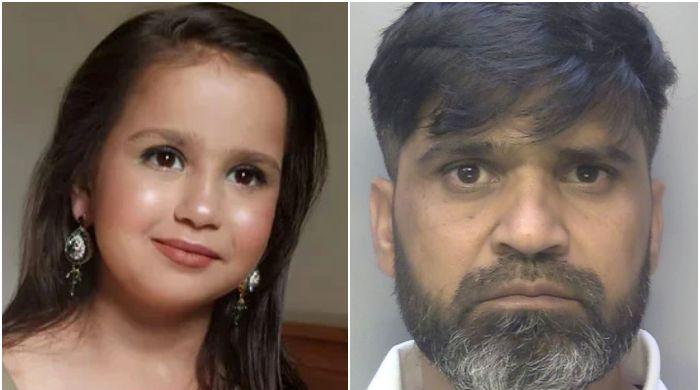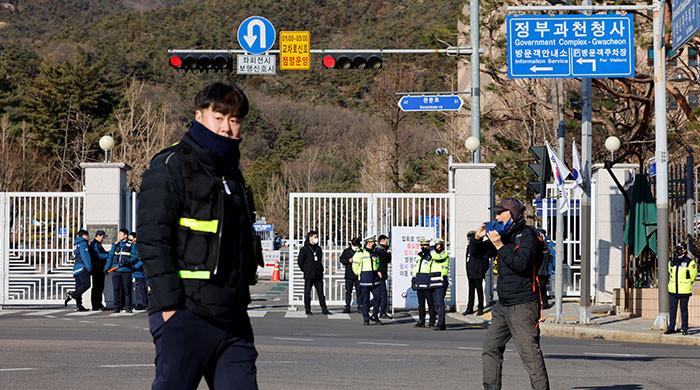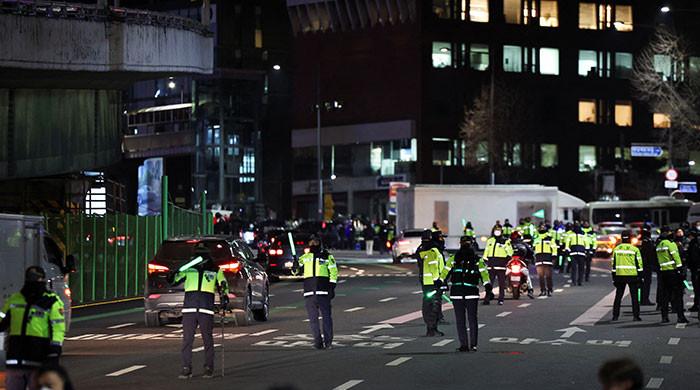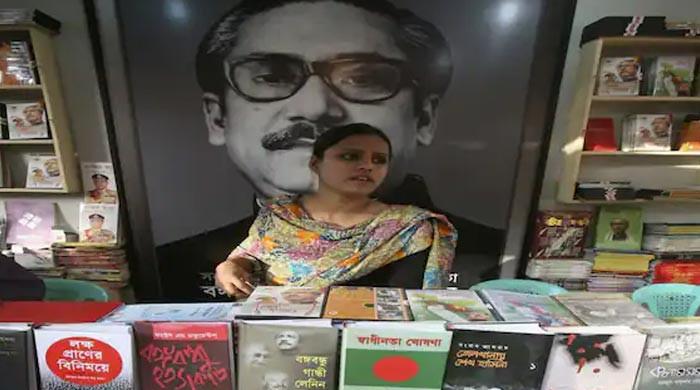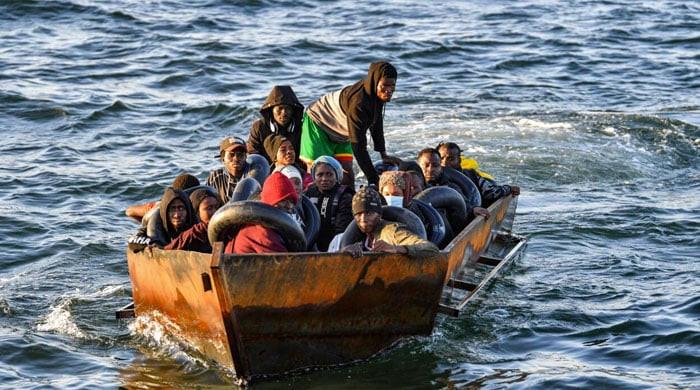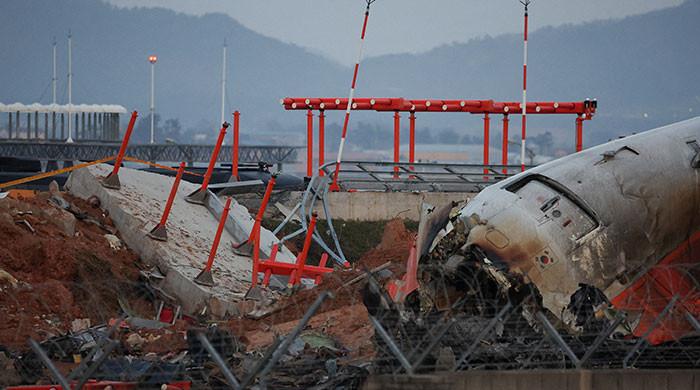US-based scholars receive backlash for announcing online conference on rise of Hindu nationalism
Hindu groups say they protested the event as they deemed it Hinduphobic and that it "fostered hate against the community"
October 04, 2021
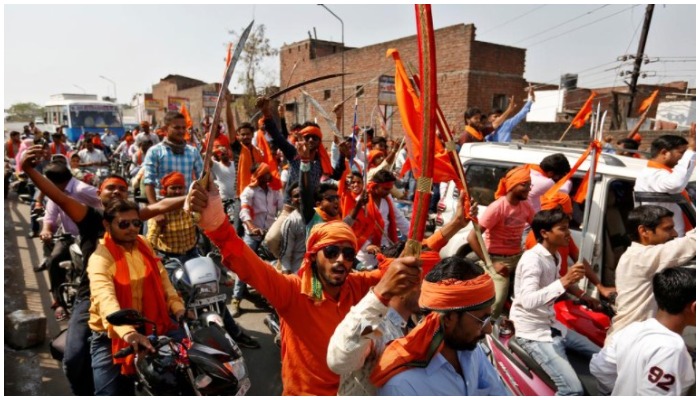
- Organisers of the event said they received death and rape threats.
- Hindu groups say they protested the event as they deemed it Hinduphobic that "fostered hate against the community".
- An Indian pro-government news channel even tries to malign the online event by alleging the conference provided "intellectual cover for the Taliban".
Some US-based scholars of South Asia have received a strong backlash from India after they announced holding an online conference on the rise of Hindu nationalism.
According to a report by Washington Post, about one million emails were sent to the university where the scholars had been working in protest of the webinar. Moreover, a false complaint was launched against the event website which resulted in it going offline for two days. Aside from that, thousands of spam emails were sent to an email address associated with the event.
Per the report, Hindu groups said they were protesting the event as they deemed it Hinduphobic and "fostered hate against the community."
Organisers of the event said they received death and rape threats, which led some of them to withdraw from the event. An Indian news channel is known for being pro-government even tried to malign the online event by alleging that it was organised to provide an “intellectual cover for the Taliban," the report said.
Titled "Dismantling Global Hindutva", the online conference comprised panel discussion on the hierarchical caste system, Islamophobia and differences between Hinduism the religion and Hindutva the majoritarian ideology.
Per the report, the online conference was co-sponsored by 40-plus American universities, including Harvard and Columbia.
“I was shocked and certainly concerned about how to move forward safely,” said Dheepa Sundaram, a professor of Hindu studies at the University of Denver and part of the team organising the conference. "It is not normal for an academic gathering to face bomb threats."
Such a reaction coming from India has not been unprecedented. Angana Chatterji, an anthropologist at the University of California at Berkeley, told Washington Post that in October 2019, when she was about to testify before the House Foreign Affairs Committee on the status of human rights in Kashmir, she received a "warning call" from someone in India.
Per the report, Chatterji decided not to name the caller for the fear of retaliation that could be directed at them by the Indian government
She said that the caller told her "someone close to the Indian government had sought them out to make the call and tell her to reconsider her decision to testify."
“If the call was made at the behest of Indian authorities, it felt like a warning, trespassing on my rights as a scholar,” said Chatterji, who went ahead with her testimony. “Were Indian officials ostensibly trying to influence an event being held by the US Congress?”
When approached by The Washington Post, a spokesperson for the Indian Foreign Ministry declined to comment on the matter.




